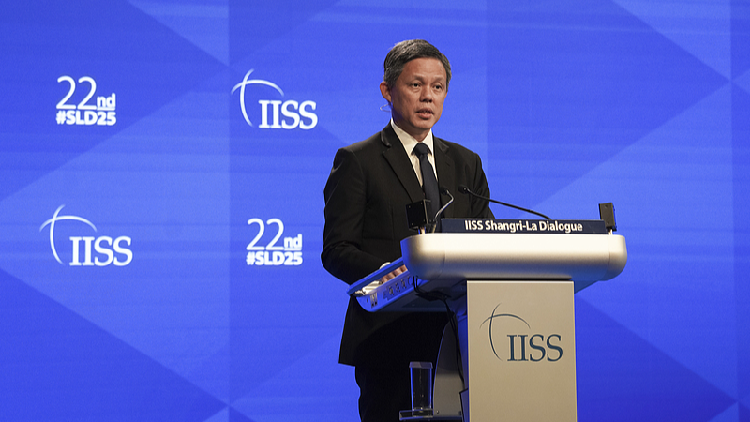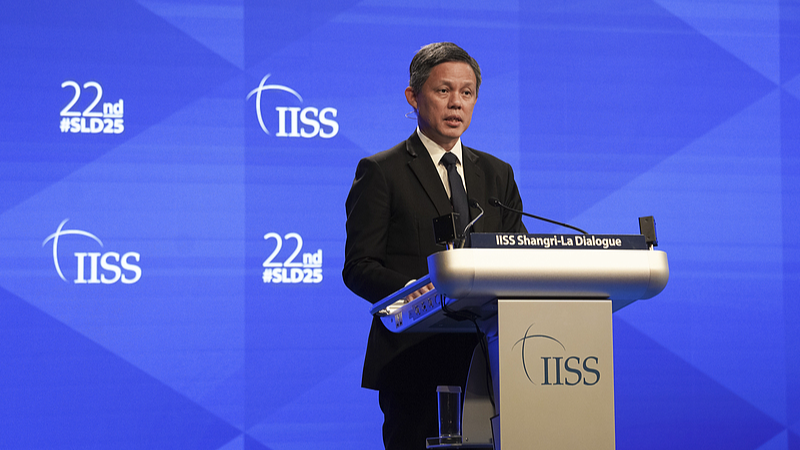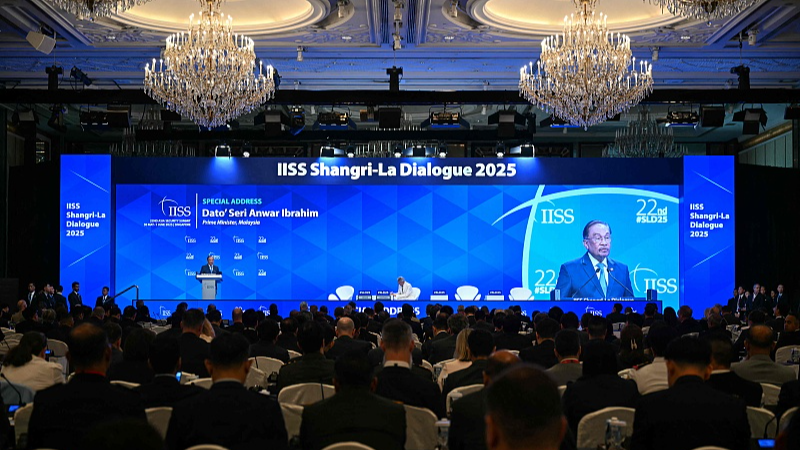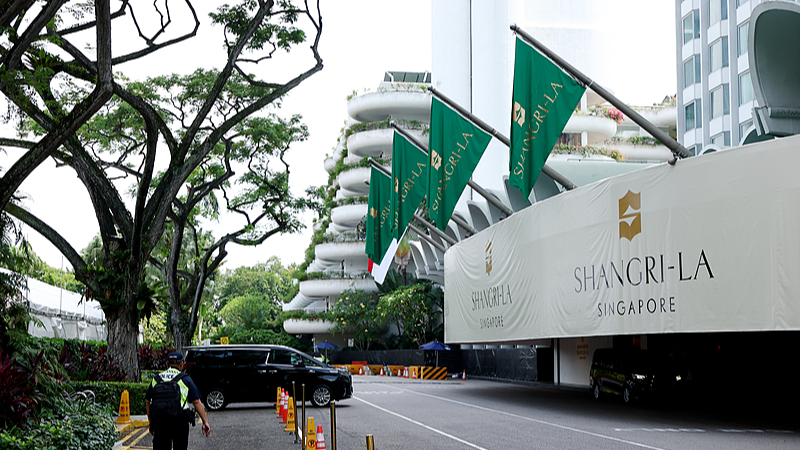ASEAN Leaders at Shangri-La Dialogue Affirm Unity: "We Won't Choose Sides"
Singapore's Defense Minister urges Southeast Asia to engage with both China and the U.S., avoiding taking sides amid geopolitical tensions.


During a highly anticipated address at the 22nd Shangri-La Dialogue in Singapore, Malaysian Prime Minister Anwar Ibrahim, representing ASEAN as its 2025 chair, delivered a clear message: Southeast Asian nations will not be drawn into siding with global powers amid intensifying geopolitical competition. Rejecting external pressure, Anwar maintained that ASEAN seeks to prioritize regional stability and growth by remaining neutral and fostering engagement with all major players.
In a subsequent speech, Singaporean Defense Minister Chan Chun Sing reinforced this position, stressing that for the countries of Southeast Asia, engaging openly with both China and the United States—without taking sides—is a strategic imperative. "If we have to choose sides, may we choose the side of principles – principles that uphold a global order where we do not descend into the law of the jungle," Chan emphasized, highlighting the region’s preference for international rules over power politics.
Their remarks came shortly after U.S. Defense Secretary Pete Hegseth called on Asia-Pacific nations to substantially increase military spending in response to what he described as growing threats from China. Hegseth advocated for defense budgets to reach five percent of GDP, a proposal that was met with deep skepticism by several Asian officials and experts.

No to bloc confrontation
The push by the United States to advance its "Indo-Pacific Strategy" and encourage bloc formation was met with swift criticism from Chinese officials and regional experts. The Chinese Foreign Ministry condemned Hegseth’s remarks as antagonistic, accusing Washington of ignoring the region’s call for peaceful development and instead promoting a Cold War mentality. Officials described the remarks as provocative attempts to create division and instability across the Asia-Pacific.
Academic voices at the dialogue echoed concerns about the consequences of American policy. Meng Xiangqing, from the PLA National Defense University, argued that years of U.S. strategy had led to more crises rather than solutions. He outlined how initiatives such as the Quad and AUKUS prioritize military alignment and competition, while U.S. trade policies foster economic decoupling, thus fragmenting the region into opposing camps. "This has artificially divided the Asia-Pacific region into competing blocs," Meng cautioned.
Shen Chen, an expert at the Chinese Academy of Social Sciences, criticized the Indo-Pacific Strategy as an instrument of U.S. hegemony, stating, “Its very purpose is to perpetuate U.S. dominance by sacrificing regional peace and stability for its own interests.” The concern among many regional leaders and scholars is that such approaches undermine efforts for inclusive cooperation and exacerbate regional tensions.

China’s Asian security model: A better choice for the region
Countering the U.S. narrative, members of the Chinese delegation presented an alternative vision for Asian security. Zhang Chi referred to China’s newly proposed Asian security model, which emphasizes mutual benefit, dialogue, and shared prosperity over zero-sum competition. Unveiled at a recent conference, the model encourages regional countries to focus on common ground and resolve differences through consultation, aiming at an open and inclusive security framework.
Shen Chen underscored that this security model represents a fundamental shift from the confrontational logic of bloc politics. By prioritizing win-win cooperation and equal consultation, supporters argue, the model offers a practical path toward long-term stability and prosperity for Asia. Shen also challenged the U.S. call for dramatically increased defense spending, calling it “both unreasonable and unrealistic.” He warned that such a demand risks fueling an arms race, undermining the very peace and development that regional nations aspire to achieve.
Ultimately, the debate at the Shangri-La Dialogue highlighted a deepening divide between advocates of strategic competition and those promoting regional autonomy through engagement and inclusivity. The prevailing sentiment among Southeast Asian leaders appears to be a resounding rejection of being forced to choose sides. Instead, they signal a clear preference for collaborative security strategies that reflect the collective interests of the region, heralding a new chapter in Asia-Pacific diplomacy.




